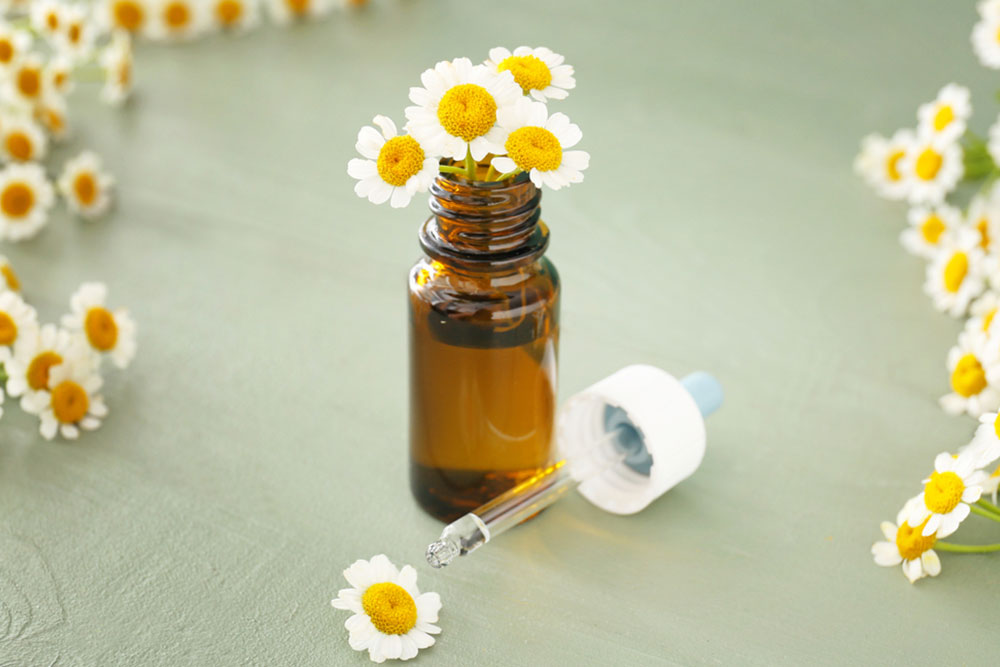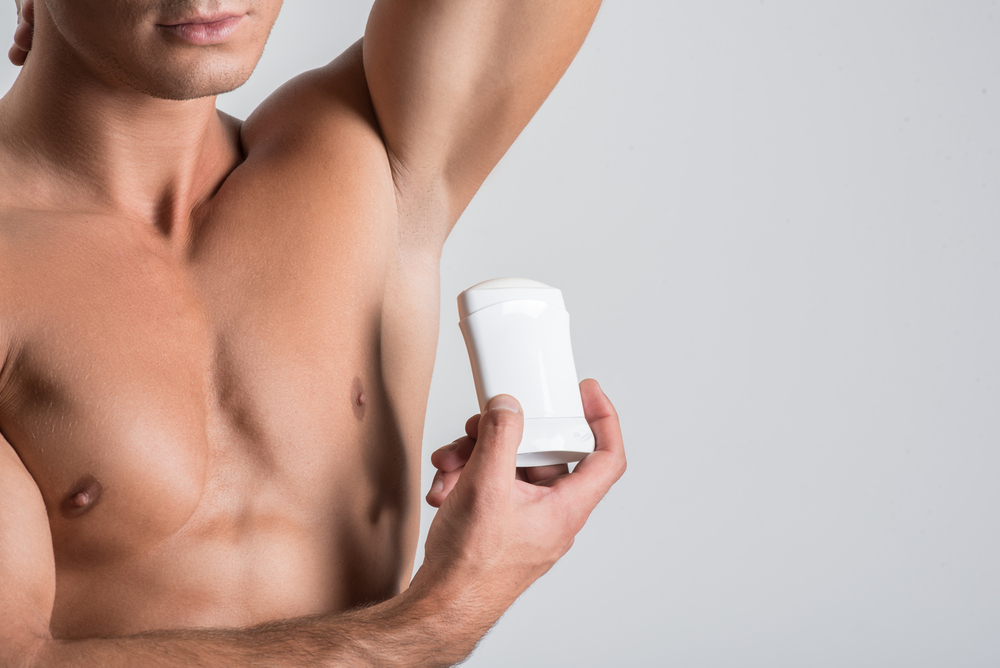Comprehensive Guide to Managing and Preventing Body Odor Effectively
Learn comprehensive, science-based strategies to effectively manage and prevent body odor. This detailed guide covers hygiene routines, dietary tips, stress management, clothing choices, and natural remedies to help you stay fresh and confident throughout the day. Suitable for individuals seeking practical solutions to body odor concerns and looking to enhance personal hygiene practices for improved social comfort.

Comprehensive Guide to Managing and Preventing Body Odor Effectively
Body odor is a common concern that affects many individuals, especially in crowded settings like public transportation, shopping malls, and social gatherings. It often leads to embarrassment and discomfort, impacting confidence and social interactions. Understanding the underlying causes and adopting effective strategies to manage body odor can significantly improve one's personal hygiene and overall well-being. This extensive guide delves into the scientific reasons behind body odor and offers practical, proven methods to keep undesirable smells at bay, ensuring you stay fresh and confident throughout the day.
Body odor primarily results when bacteria residing on the skin break down sweat into organic acids that emit unpleasant smells. Several factors contribute to this process, including personal hygiene routines, diet, stress levels, clothing choices, and underlying health conditions like obesity or diabetes. Recognizing these factors allows for targeted interventions to minimize odor and maintain a fresh appearance. Whether you're dealing with mild sweat odor or more persistent issues, this comprehensive article provides detailed insights and actionable tips tailored to your needs.
Understanding the Causes of Body Odor
To effectively combat body odor, it is essential first to understand its causes. Sweat itself is typically odorless; the scent arises when skin bacteria, particularly in humid or warm environments, metabolize sweat constituents—primarily lipids and amino acids—into odorous compounds. Areas rich in sweat glands such as the armpits, groin, feet, and behind the ears are more prone to developing body odor due to the higher concentration of bacteria.
Several lifestyle and health factors can influence body odor severity:
Hygiene Practices: Inadequate cleaning allows bacteria to thrive, exacerbating odor development.
Diet: Certain foods like garlic, onions, and spicy dishes contain sulfur compounds that, once metabolized, are expelled through sweat and breath, intensifying body odor.
Stress and Emotions: Stress induces the production of perspiration loaded with lipids, fostering bacterial activity.
Clothing Material: Non-breathable fabrics trap sweat and bacteria, creating an environment for odor formation.
Underlying Medical Conditions: Conditions such as obesity, diabetes, or hormonal imbalances can lead to excessive sweating or altered body odor.
Effective Strategies for Controlling Body Odor
Reducing and managing body odor involves a multi-faceted approach. Below are some of the most effective strategies grounded in scientific understanding and practical experience:
1. Prioritize Personal Hygiene
Maintaining impeccable personal cleanliness is the cornerstone of odor control. Showering daily with antibacterial soaps or body washes helps eliminate surface bacteria and remove sweat. Pay special attention to regions prone to odor, including the underarms, groin, feet, and behind the ears. Thorough drying is equally important because lingering moisture promotes bacterial growth. Using a clean towel or even a blow-dryer on a cool setting ensures these areas are properly dried and less hospitable to bacteria.
2. Make Dietary Adjustments
Your diet significantly influences body odor. Foods rich in sulfur compounds such as garlic, onions, and spicy foods can intensify smell because their by-products are absorbed into the bloodstream and expelled via sweat and breath. To minimize this effect, reduce the intake of these foods, especially before social events or in hot weather. Drinking plenty of water aids in flushing out metabolic waste, reducing the concentration of odorous substances. Incorporate a balanced diet rich in fiber, lean proteins, and fresh fruits and vegetables gradually to ensure your body adjusts well and odors are kept at bay.
3. Manage Stress Effectively
Stress triggers the sympathetic nervous system, leading to increased sweating, particularly in the armpits and palms. The sweat produced under stress contains lipids that bacteria love to feed on, thus exacerbating odor issues. Engaging in stress-reduction techniques like yoga, meditation, deep breathing exercises, or even listening to calming herbal teas can help regulate sweating. Techniques such as biofeedback or professional therapy may be beneficial for chronic stress or anxiety issues. Additionally, in severe cases, medical interventions like Botox injections can temporarily block sweat glands, significantly reducing perspiration and odor.
4. Use Natural and Gentle Acid-Based Solutions
Natural acids such as apple cider vinegar and lemon juice possess antimicrobial properties that inhibit the growth of bacteria responsible for odor. Diluted apple cider vinegar applied to the skin can help balance pH levels and reduce bacterial colonization. However, caution is advised if you have cuts or sensitive skin, as acids may cause irritation. Always patch-test and dilute appropriately. Regular application of such natural remedies can supplement hygiene routines, providing a chemical-free, soothing solution for odor control.
5. Select Breathable Clothing and Proper Fashion Choices
Clothing makes a significant difference in managing sweat and odor. Choose fabrics like cotton, bamboo, or moisture-wicking materials that allow air circulation and facilitate sweat evaporation. Avoid synthetic fabrics such as spandex or polyester that trap heat and moisture, creating an ideal breeding ground for bacteria. When working out or engaging in physical activities, opt for specialized athletic wear from trusted brands like New Balance or Merrell, known for their odor-resistant and moisture-wicking properties. Regularly wash workout clothes after use with antibacterial detergents to eliminate bacteria and prevent odor accumulation.
6. Focus on Underarm Hygiene and Hair Removal
Underarm care is vital in the fight against body odor. Regularly washing underarms with antibacterial soap helps reduce the bacterial load. Keeping the area dry and odor-free is easier if the underarm hair is reduced or removed through waxing or shaving since hair provides additional surface area for bacteria to thrive. Some individuals may benefit from antiperspirants or deodorants, which not only mask odors but also reduce sweat production. Choose products with natural ingredients like baking soda, tea tree oil, or aloe vera for gentler, effective odor control.
What Are the Key Takeaways?
Controlling body odor is achievable through a combination of good hygiene, dietary mindfulness, stress management, and thoughtful clothing choices. Incorporating natural remedies and consistent personal care routines further enhance effectiveness. Remember, persistent or unusually strong body odor could signal underlying health problems, and consulting a healthcare professional is advisable. By adopting comprehensive habits tailored to your lifestyle, you can maintain a fresh, odor-free body that boosts confidence and improves social interactions.





